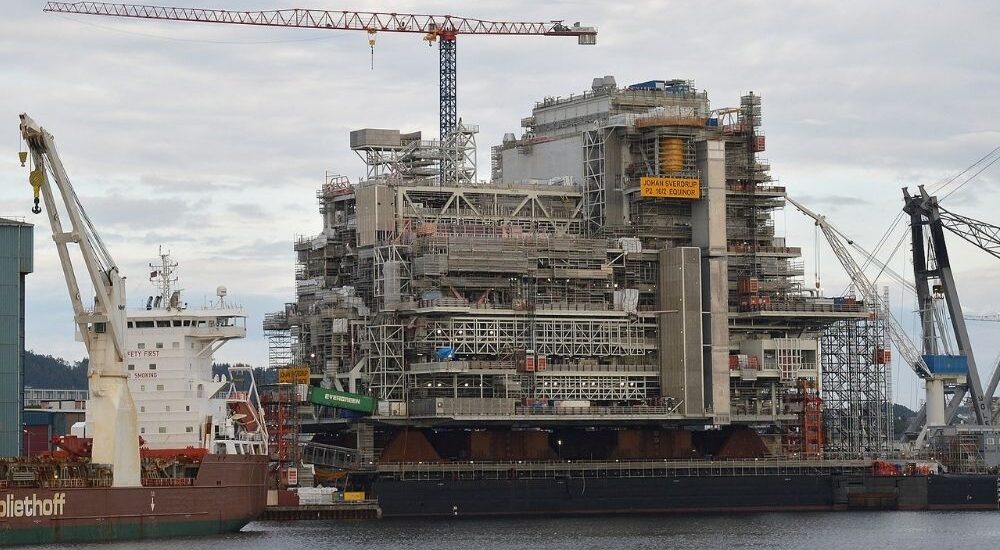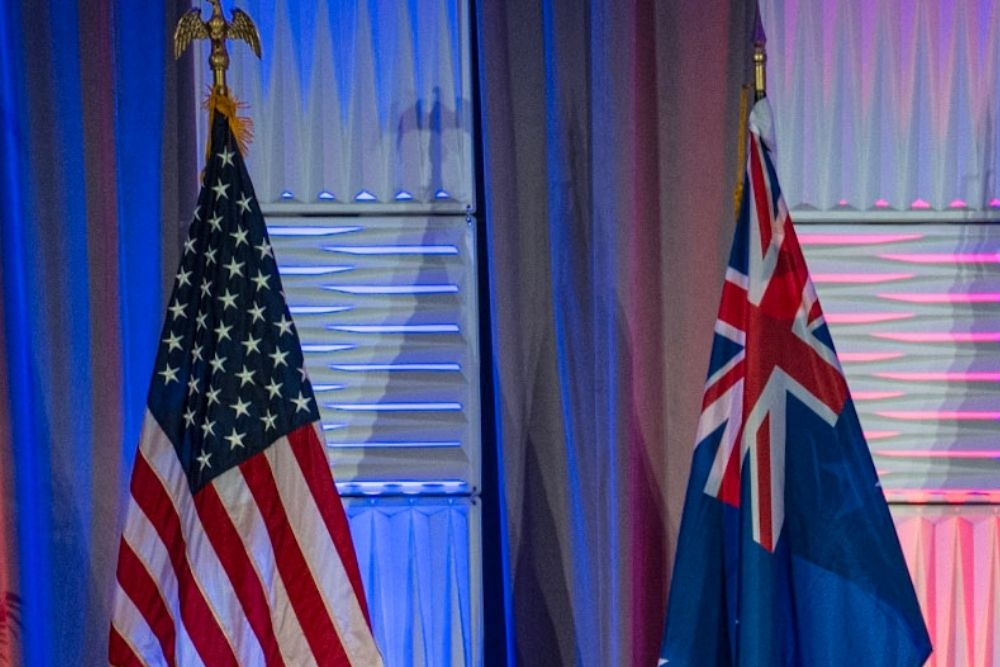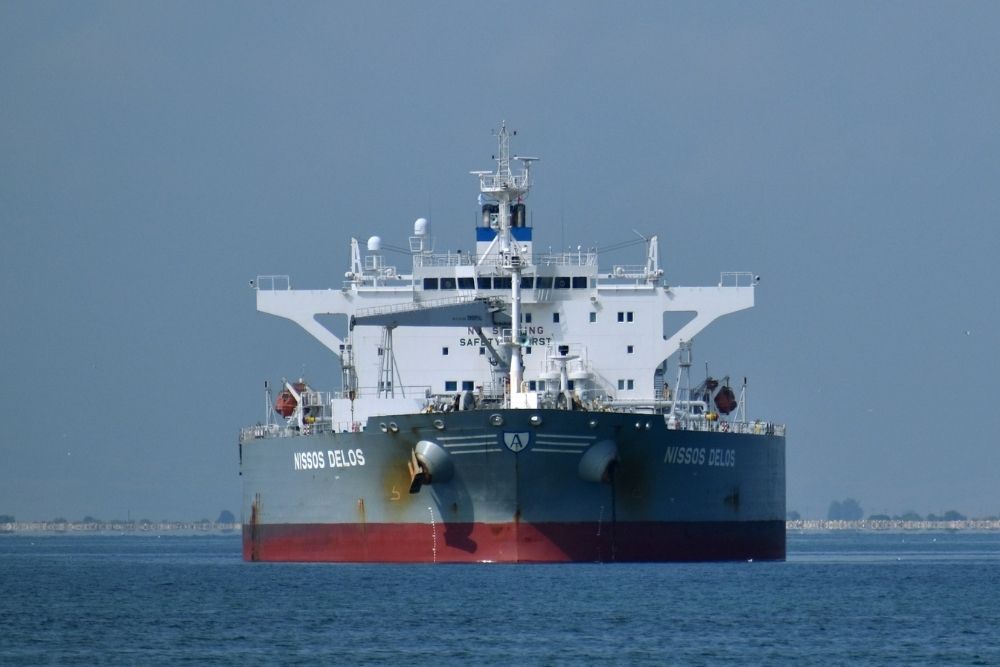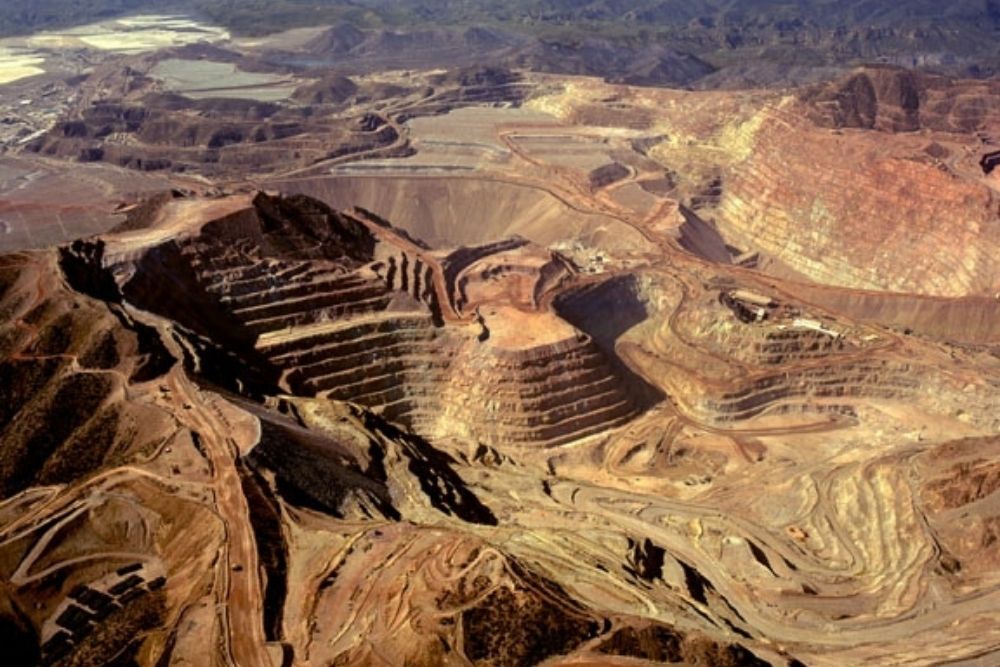Norway’s Equinor buys 25% stake in U.S. CCS project
- August 29, 2023
- Posted by: Quatro Strategies
- Categories: ESG & Renewable Energy, Europe, Oil & Gas, United States

Equinor, a prominent Norwegian oil and gas company, has taken a significant step towards advancing carbon capture and storage (CCS) efforts by acquiring a 25% stake in Bayou Bend CCS LLC. This project is strategically located along the Gulf Coast in southeast Texas, USA, and is operated by Chevron. Equinor’s investment underscores its dedication to developing innovative solutions to combat carbon dioxide (CO2) emissions and aligns with its overarching ambition to establish a net CO2 transport and storage capacity of 15-30 million tonnes by the year 2035.
The Bayou Bend CCS project is geared towards capturing and storing CO2 emissions from industrial sources, particularly those related to sectors such as cement, steel, and chemicals. This initiative is especially crucial for addressing emissions from industries that are notoriously hard to decarbonize. Equinor’s move to secure a stake in this venture comes at a time when global attention is increasingly focused on CCS solutions as a pivotal tool in the fight against climate change.
The acquisition of the 25% stake was achieved through Equinor’s purchase of Texas Carbon 1 LLC, a subsidiary of Carbonvert. The financial details of the transaction have not been disclosed in the announcement. Chevron, a major energy player, holds a 50% stake in the Bayou Bend CCS project, solidifying its commitment to sustainable energy solutions. The remaining 25% stake is held by Talos Energy Inc., another participant that underscores the collaborative nature of this endeavor.
Equinor’s involvement in the Bayou Bend CCS project is consistent with its broader efforts to drive the development of CCS solutions. The project aims to capture and store CO2 emissions from both onshore and offshore sources, emphasizing the comprehensive nature of its approach. This initiative aligns with Equinor’s vision of tackling emissions at various stages of the value chain, from capture to storage.
By investing in CCS projects such as Bayou Bend, Equinor not only showcases its commitment to environmental sustainability but also underscores the growing recognition of CCS as a critical tool in the global efforts to address climate change. As industries around the world work towards decarbonization, Equinor’s strategic participation in such ventures contributes to a more sustainable energy landscape and sets an example for others to follow.
Interested in learning more?
Sign up for Top Insights Today

Top Insights Today delivers the latest insights straight to your inbox.
You will get daily industry insights on
Oil & Gas, Rare Earths & Commodities, Mining & Metals, EVs & Battery Technology, ESG & Renewable Energy, AI & Semiconductors, Aerospace & Defense, Sanctions & Regulation, Business & Politics.


